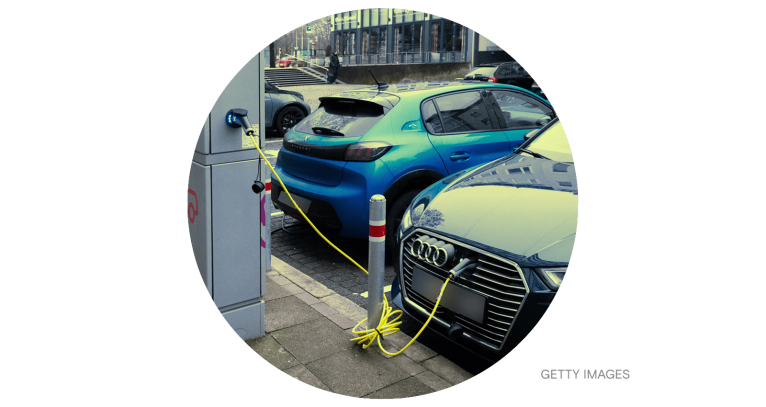It’s Friday, February 17, and Wales is rethinking the need for more car infrastructure.
The government of Wales, one of the four countries in the United Kingdom, announced on Tuesday that it would cancel all its major road-building projects over climate concerns, a move that could make more space for public transit, pedestrians, and cyclists.
The decision comes after a yearlong review in which a panel of experts weighed the costs and benefits of more than 50 planned road projects across Wales. The experts evaluated each project against transportation priorities set by Wales’ center-left Labour government in 2021, including targets to reduce the number of car miles traveled per person by 10 percent by 2030 and for 45 percent of journeys to use sustainable modes of transportation by 2040.
As a result of the experts’ recommendations, Welsh officials said Tuesday that only 15 smaller-scale road projects will move forward, while the rest either have been canceled or will have to be revised. The government will still invest in roads, but new project proposals will now have to show that they support “modal shift” — getting people out of cars and into other types of transportation — and that they won’t increase climate pollution or the number of vehicles on the road.
“[W]e are building new roads as I speak — but we are raising the bar for where new roads are the right response to transport problems,” Lee Waters, Wales’ deputy minister for climate change, told members of the Welsh Parliament this week.
An extensive body of research shows that new and expanded roadways don’t actually solve the traffic and safety problems they’re intended to address. Rather, a phenomenon called “induced demand” attracts more drivers to the roads until they’re just as clogged as before. Congestion remains high, and so do carbon emissions. Some 17 percent of Wales’ climate pollution comes from transportation, and nearly three-quarters of that total comes from passenger vehicles.
In Wales, environmental advocates hailed the government’s decision as “world-leading and brave.” Waters said it would reverse 70 years of misguided road-related decision-making, allowing Wales to invest in “real alternatives” to cars, including trains, buses, and walking and biking infrastructure.
In the news
A Koch-owned chemical plant in Texas spent years running from the Clean Air Act. New evidence suggests it bent the law until it broke.
Naveena Sadasivam and Clayton Aldern, Grist, Houston Chronicle, and Beaumont Enterprise
➤ Read more
World Bank leader accused of climate denial says he’s stepping down
Brett Marsh, Grist
➤ Read more
Beware a climate ‘doom loop,’ where crisis is harder to solve, report says
Leo Sands, The Washington Post
➤ Read more
South American drought in 2022 partly driven by ‘triple-dip’ La Niña
Ayesha Tandon, Carbon Brief
➤ Read more
Great Salt Lake’s retreat poses a major fear: Poisonous dust clouds
Oliver Milman, The Guardian
➤ Read more
For decades, the Ojibwe tribe shunned scientists — until their partnership became vital
Nancy Averett, The Nation and Food & Environment Reporting Network
➤ Read more

